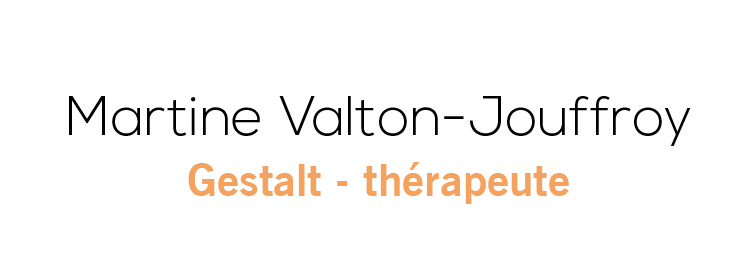Gestalt Therapy : a modern psycho-therapeutic practice
What is a Psychotherapy ?
Psychotherapy is a key moment in everybody’s life who wants to take care of oneself and understand the meaning of one’s life. Generally speaking, a person decides to go through therapy, because the person meets issues in his/her relationship, work. His/her health can be also weak.
Psychotherapy principles
There are numerous methods: oral, physical, psychoanalytic, humanist, or cognitive.
Psychotherapy can be individual, for couples or in groups.
Each method requires a different positioning, mostly concerning the body contact, or the intervention or non-intervention of the psychotherapist.
Differences between a psychiatrist, a psychologist, a psychoanalyst, and a psychotherapist
• Psychiatrist is a doctor who studied medicine with a specialization in psychiatry: he prescribes mainly medications such as anti-depressants.
• Psychologist studied at the university and majored in Psychology but does not have training in psychotherapy.
• Psychoanalyst went through an analysis and has been trained to lead psychoanalytical cures where the subconscious but did not go through specific studies, as Psychologist or Psychiatrist.
• Psychotherapist, depending on the country, has 5 years of training in conducting sessions and can also be Psychologist or Psychiatrist, but it is not mandatory. The fees are not reimbursed by social security, unless he/she is psychiatrist. At the present time a European Certificate in Psychotherapy certifies the Psychotherapist in his/her ability to conduct sessions, and has be supervised in his/her work.
Why should I do a psychotherapy ?
Starting an individual, couple or family therapy requires some thoughts.
What do you want to obtain? A better understanding of your life, an exploration of your emotions, to balance your private life vs your professional life, to improve your relationships with your children or spouse?
Our first session will enable us to get to know each other and discover if we can work together in this new project.
Here are a few reasons why you might like to follow a therapy:
Object Relations in a Gestalt therapy helps in :
- Depression.
- Anxiety period: stress, panic attacks, suicidal thoughts, divorce.
- Burn-out or exhaustion at work.
- Trauma.
- Bereavement.
- Critical illnesses, cancers, AIDS.
The gestalt therapy theory of Attachment
This theory comes from a Canadian theoretical theory which explores integration of psychoanalysis to the Gestalt therapy. Nowadays, some French and Canadian institute teaches this theory which has been checked and proved for the last 30 years in different international workshops.
In a nutshell, the frame of this theory lies on the fundamental theory of the complexity of developmental stages that every human being goes through, from birth to death: the attachment process, self-esteem, sexuality and love stakes, in particular.
The gestalt therapist will work with his client to pinpoint and repair the deficiencies of the moment when the person is having trouble affectively, or professionally.
What does happen in a session?
The foundation of this practice is hermeneutics, which implies a dialogue where the client shares his/her experience in different situations: at work, in a relationship, with children, parents, colleagues. Following the sessions, it will be important to detect the way the client establishes relationships with the different publics.
Bonding is a key subject for the Neurosciences which reveals that we need to deploy this talent from birth to death. The stalemates that we meet are worth to be worked on in order to solve them and change.
As a Gestalt Therapist in Paris and Brussels, I support you as part of an effective follow-up against Burn-Out, stress management or depression.


